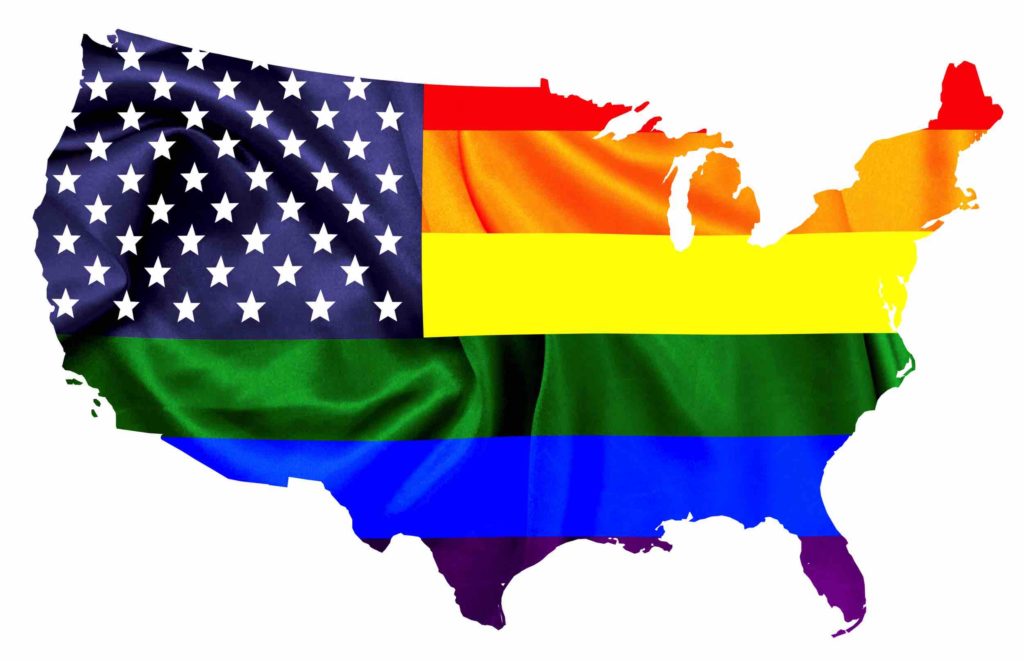It sounds like a historical horror, but ‘treatment’ for sexual orientation remains legal in most of the world, including the UK.
Mathew Shurka was 16 when he sat down with his father and told him he was gay. Brought up in a conservative New York suburb, the youngest child in a secular Jewish family and the only son, he was “terrified”. But, in that highly charged moment, the reaction was good. “He said: ‘I love you. I’m going to be on your side, no matter what,’” Shurka says. “He created security, which is what my father does … He said: ‘Don’t worry, we’ll figure it out.’”
What he meant was he was going to try to “cure” him. Shurka’s father started talking to psychotherapists in New York. Within a week, he had found one who insisted there was no such thing as homosexuality, that everyone is born heterosexual and “same-sex attraction” is the result of childhood trauma or dysfunctional familial relationships.
“It was thought that, because I was still young, I had the highest chance of overcoming it,” Shurka says. “I was told how hard my life would be if I came out. I was told I could have the same attraction for girls as I did for boys. This was 2004. I’d never met an actual gay person. I was scared. I wanted to do whatever it took.” He adds that his father believed he was being supportive.
Shurka ended up in conversion therapy for five years. He saw four therapists in four states at a cost of $35,000 (£27,000). He was instructed to use Viagra when having sex with women. He was told he was a “classic case” of someone with too many female role models and was instructed to avoid his mother and sisters. “As part of my treatment, I didn’t talk to them for three years,” he tells me – despite living under the same roof. How did his mother respond? “[She] argued that no therapy can be good if it involves separating a child from its mother,” he says. “But my father was so adamantabout [it] succeeding that he was willing for us to do anything.”
How was Shurka affected? “I knew that my feelings were not going away. I blamed myself; I wasn’t trying hard enough. My depression was serious. I gained 60lbs [27kg]. I felt suicidal all the time.
Two films about conversion therapy will be released in the US this year, which is remarkable, considering most people probably think of it as a historical horror, from a time when homosexuality was criminalised and electric shock treatment was routinely offered as a cure. The Miseducation of Cameron Post, on which Shurka consulted, is an adaptation of a novel by Emily M Danforth about a lesbian (Chloë Grace Moretz) sent to a conversion camp. It is based on the real case of a 16-year-old who posted on Myspace about being sent somewhere similar. The Oscar-tipped, star-studded Boy Erased is adapted from a brilliant memoir by Garrard Conley, the son of a Baptist pastor who was enrolled on a Love In Action programme. Both stories unfold in the 21st century, which is when most of the survivors I speak to were subjected to conversion therapy. And is it not happening only in the US Bible belt.
When Shurka was 19, he attended a weekend conversion camp called Journey Into Manhood, where Jack and the Beanstalk was the fairytale narrative of choice used to reclaim masculinity. “To get your seeds back from the giant in the clouds,” he says wryly. “They tried to make it fun with sports and activities.” One activity involved each of the 80 men sharing the trauma that supposedly made them gay. The others then had to re-enact it, but change the outcome to rewrite the individual’s history. Journey Into Manhood has run programmes in Poland, Israel and the UK. On the website’s timeline, it states that its “experiential weekend program for men conflicted over their same-sex attraction” was offered outside the US for the first time in 2007 – in England.
Conversion therapy – sometimes referred to as “cure” therapy, reparative therapy, ex-gay therapy or sexual-orientation change efforts – refers to any treatment aiming to change a person’s sexual orientation or suppress their gender identity. It is a nebulous term, encompassing what can be a range of highly damaging practices from an app offering a 60-day “gay cure”, available on iTunes and Google Play as recently as 2013, to spiritual interventions, talking therapies, drugs and, more rarely, extreme physical measures such as electric shock treatment, aversion techniques and “corrective rape”. All share in common the false, unethical assumption that being LGBT is a condition that requires curing. A psychological disorder, in other words.
Read the full story at The Guardian


